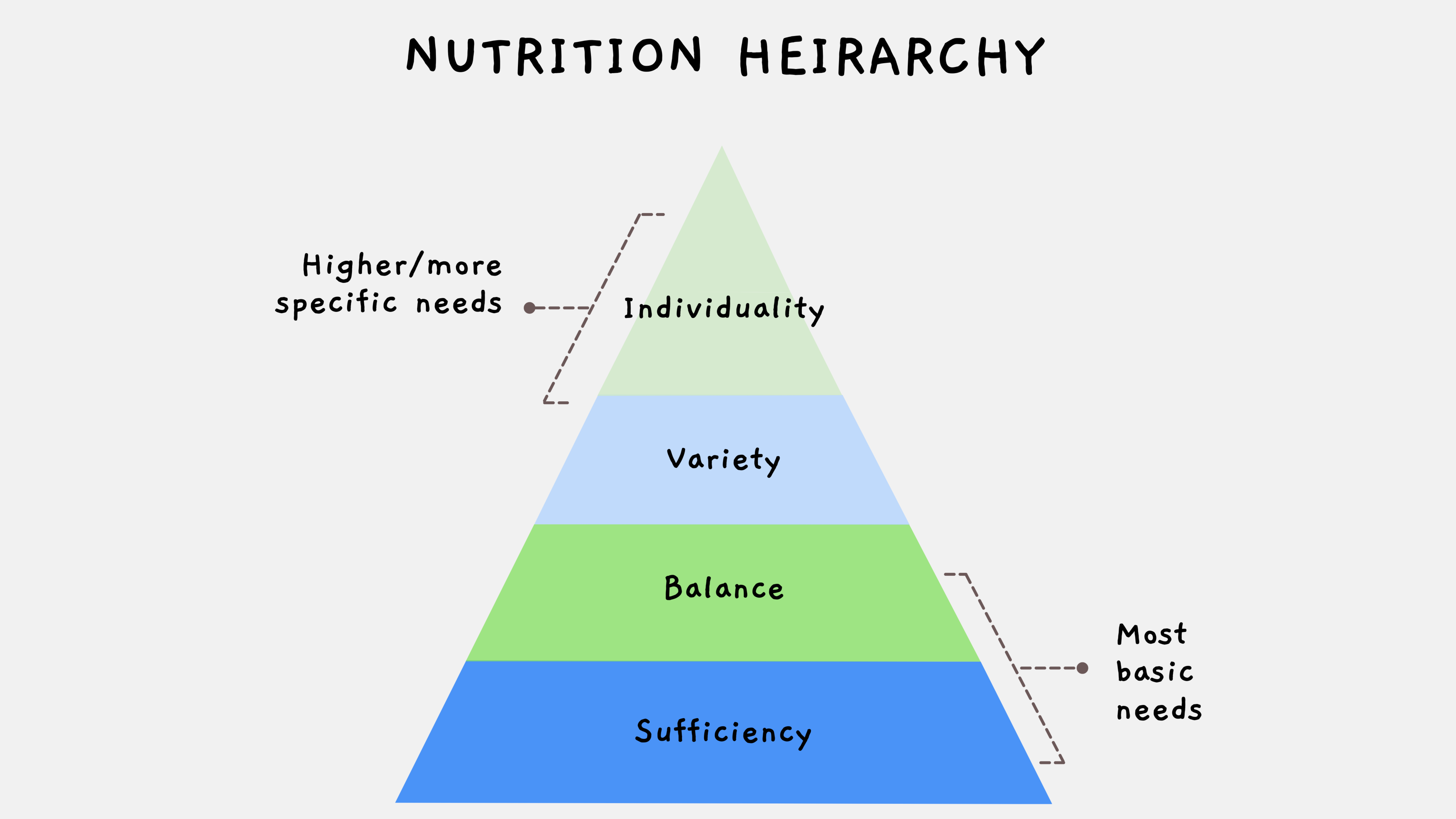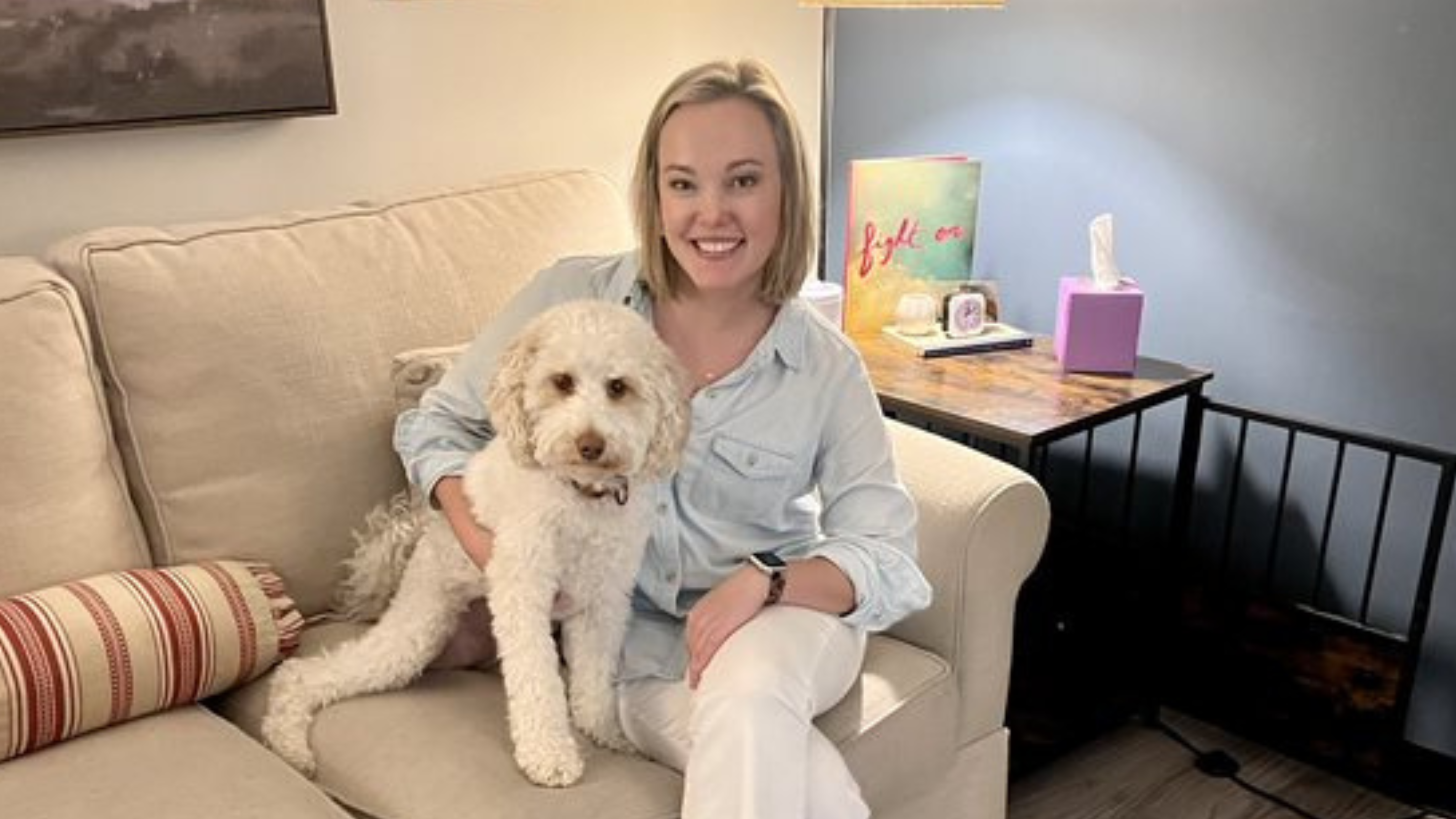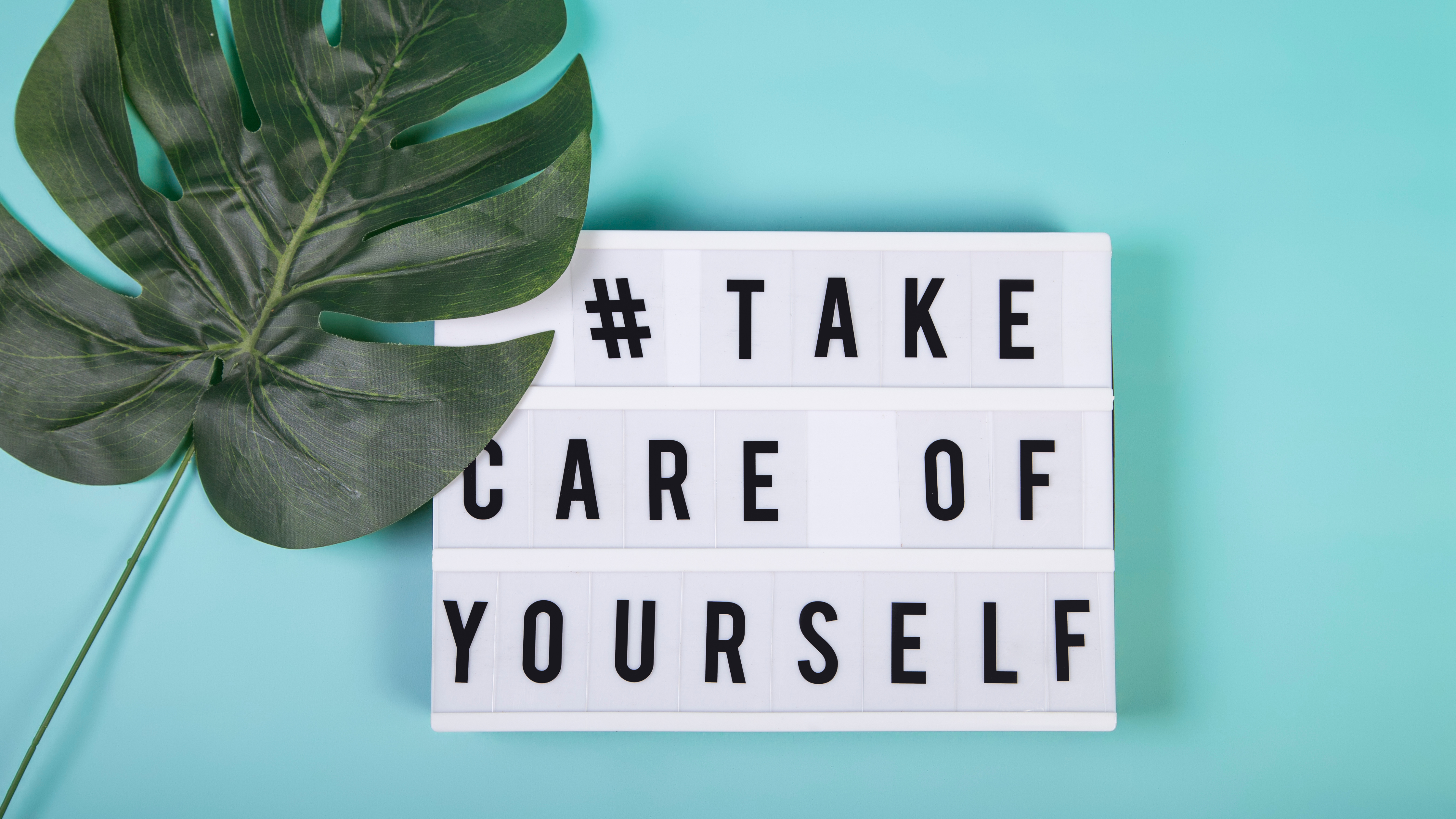
Nutrition: Back to Basics
The definition of nutrition is “the process of providing or obtaining the food necessary for health and growth”, yet it is not uncommon to lose or warp some of the most foundational aspects of nutrition in the name of “health”. Often, nutrition advice we receive involves restricting certain foods or food groups, conflicting information, unsustainable asks, and rigid rules. In today's world, where diet culture predominates, embracing a non-diet approach to nutrition can feel like navigating uncharted territory. However, understanding the basics of nutrition without the constraints of dieting can lead to a more peaceful relationship with food AND a healthy nourished body.
Maslow’s Hierarchy of Needs is a psychological theory that illustrates human motivation through a pyramid of different levels of needs, starting with fundamental requirements. This concept can also apply to food and eating, as demonstrated by dietitian Ellyn Satter’s hierarchy of food needs. This concept can be used in helping us understand how to meet our basic nutritional requirements before progressing to higher needs.
Sufficiency:
The most foundational level of nutrition is to ensure you are eating enough. Regardless of other food/ nutrition choices, if you are not getting a sufficient amount of energy to support your needs, you won’t be adequately nourished. Your body needs sufficient calories, macronutrients, vitamins, and minerals to support basic functions like heartbeats and breathing. Diet culture often encourages restriction, but not eating enough can increase stress on the body, leading to inflammation and various health issues.
It is important to recognize that anyone, regardless of body size, can be undernourished.
One way to help ensure your body is getting adequately nourished is by eating regularly throughout the day. While each person’s needs and frequency may vary, a good general guideline is to fuel your body every 2-4 hours while awake. This helps maintain consistent energy levels.
Balance:
Balance in nutrition shouldn't be about canceling out or compensating for certain foods. Instead, it means getting enough of each macronutrient—carbohydrates, proteins, and fats—because all play essential roles in the body. When diets demonize any of these macronutrients, it can prevent your body from functioning at its best. Including each of these macronutrients is also important in communicating with the brain. When glucose from carbohydrates, amino acids from protein, and fatty acids from fat increase in the blood after a meal, they signal the brain to reduce hunger and boost feelings of fullness. If a meal lacks one of these macronutrients, you may consume a larger volume of food but still don’t feel satisfied or become hungry again soon after.
Creating neutrality around all foods helps foster greater permission to enjoy a variety of foods, including all macronutrients. This approach supports a balanced and flexible relationship with food.
Variety:
As we meet our basic nutritional needs, we next move towards adding more variety in our food choices. One aspect of variety is eating foods from each of the food groups - grains/ carbs, protein, fruits, vegetables, fat, and dairy. Different foods, even within the same food group, provide different nutrients. Expanding beyond the usual options, such as trying different vegetables or eating several types of carbohydrates, can also offers diverse nutritional benefits. Adding variety also helps prevent food burnout from eating the same meals repeatedly.
Individuality:
As we develop a healthier relationship with food and meet our most fundamental nutrition needs, we can look at more individual needs and preferences. Utilizing individual foods and nutrients can offer specific benefits and, at times, focusing on these foods can be beneficial for overall health (such as probiotics for gut health, fiber for cholesterol management, and protein for blood sugar stability). It is however important to remember that this is not the most important factor in overall nutrition.
Often times, mainstream nutrition advice over emphasizes this top level without addressing the others first. Individual foods only matter when you have adequate intake, balance, and variety in your diet. These foundational aspects of nutrition are essential for the benefits of specific foods to have an impact.
With all of the latest nutrition trends and advice readily available at our finger tips, eating and nourishing our bodies can quickly begin to feel complicated and unattainable. Looking at our most fundamental nutrition needs from a non-diet approach can offer a starting place for improving nutrition, health, and relationship with food.
-Tori Payton, MS, LD, RD, Director of Eating Disorders IOP
If you are interested in more support or help learning how to nourish your body, we offer nutrition counseling/medical nutrition therapy with our Registered Dietitians.











